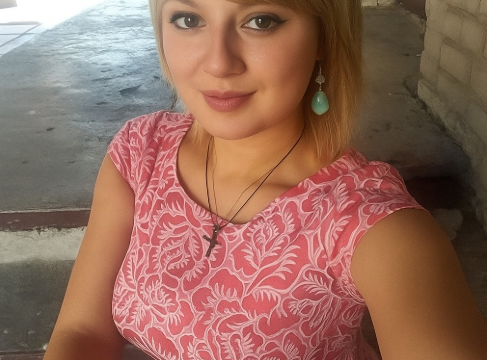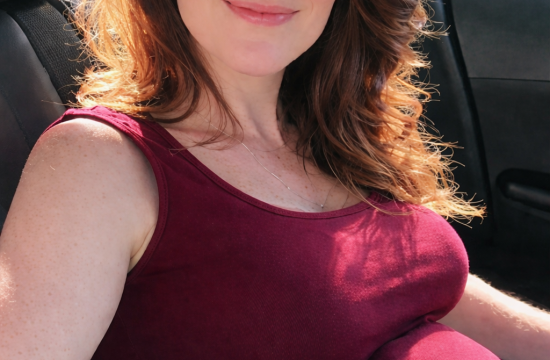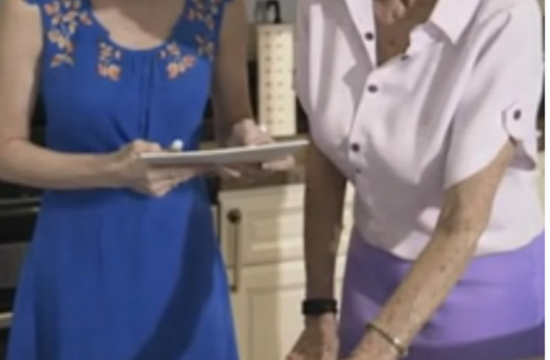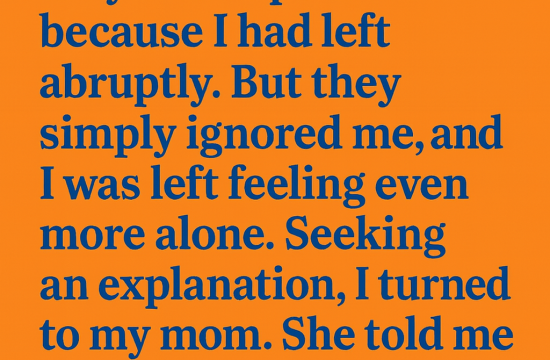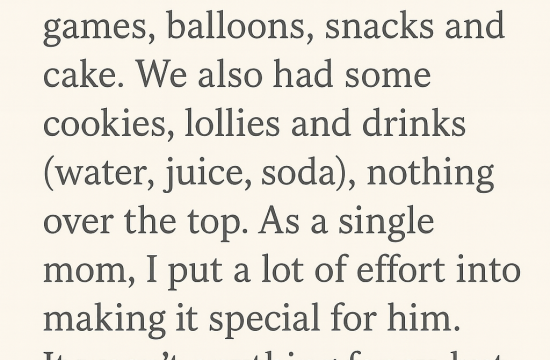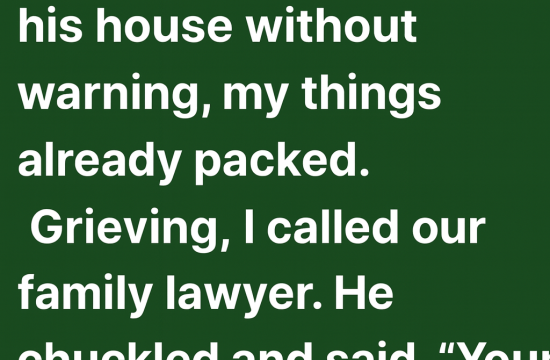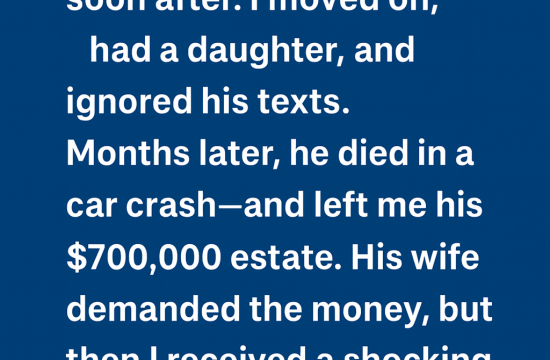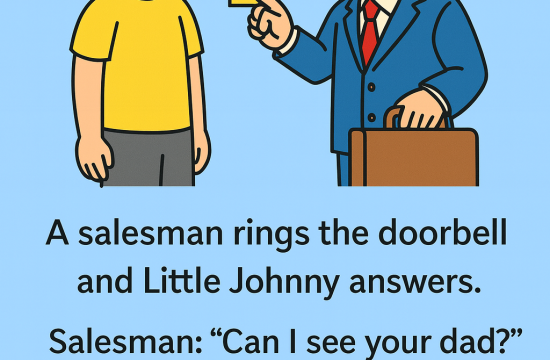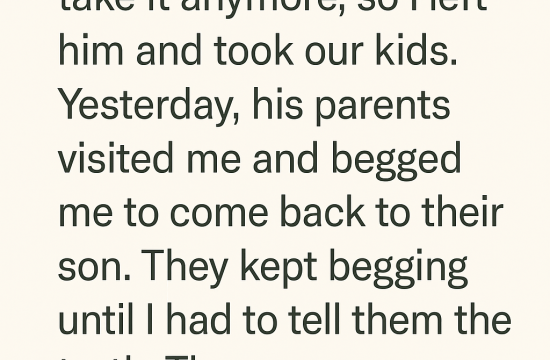Later, when I went to pick him up from nursery school, the teacher could barely keep a straight face.
From morning until the final bell, my son had been proudly telling anyone who would listen that “Mommy and Daddy watch Titanic alone at night because it’s for grown-ups only.”
Naturally, I had to endure a few extra minutes of curious looks and polite questioning. The teacher leaned closer and, with great courtesy, asked,
“Is this Titanic like… Titanic Titanic? The ship?”
Trying not to laugh, I said, “Yes. The one with Leonardo DiCaprio.”
She exhaled in relief, still chuckling.
“Oh, good. We thought you might have… some kind of secret version.”
That evening, when I told my wife, she laughed so hard she nearly fell off the couch. We imagined the poor teachers thinking we owned some bizarre adult Titanic movie.
It became one of those stories we told at dinner parties to break the ice.
But the joke planted an unexpected seed.
Max, my son, developed an obsession with the Titanic—not the movie, but the ship itself.
He peppered me with endless questions. “What caused the boat to sink? Did people survive? Was there a slide on it? Was it like a pirate ship?”
Soon, he was drawing ships with smokestacks and icebergs, turning our bathtub into the Atlantic and shampoo bottles into lifeboats.
Months passed. His fascination didn’t fade.
One night, while eating chicken nuggets, he asked,
“Daddy, why didn’t the captain see the iceberg?”
I thought for a moment, then said,
“Sometimes people think they’re in control when they’re not. They go too fast and miss the danger ahead.”
Max nodded slowly, chewing in silence. Then, in a quiet voice, he said,
“I think that happened to you and Mommy too.”
I blinked. “What do you mean, buddy?”
“Well,” he said matter-of-factly, “I was in Mommy’s tummy when you and Mommy were going really fast. And you didn’t see your iceberg.”
It hit harder than I expected.
Max was right. His birth had been a surprise. We’d only been together a year when my wife got pregnant. In a rush, we married, bought a house, and found stable but uninspiring jobs. We were afloat—but not necessarily steering in the same direction.
That night, I told my wife what Max had said. Her smile faded.
We ended up having a long-overdue conversation—not angry, not blaming—just honest. We admitted that we felt… distant, like co-captains rarely standing on the same deck.
Over the weeks that followed, we made small but meaningful changes.
I left work early on Fridays so we could spend time together. She picked up painting again, something she hadn’t done since college.
Max never knew it, but he’d given us a wake-up call.
Years passed. The Titanic DVD gathered dust. Max’s interests moved on—dinosaurs, volcanoes, space—but he kept surprising us with small bursts of wisdom.
At five, he asked why I smiled more when I was tired.
At six, he told my wife she should write a book about her dreams.
At seven, he claimed, “I think Grandpa visits me in my dreams, and we talk without our mouths.”
When Max was nine, we visited Halifax for my wife’s work. Wandering one afternoon, we ended up in the Maritime Museum.
It was featuring a Titanic exhibit.
Max froze in front of a recovered deck chair, staring at it as if it held a secret only he knew. Then he studied a large chart of the ship’s final moments and murmured,
“This is where it happened. As it happened.”
We exchanged startled looks.
“Did you learn that in school?” my wife asked.
He shook his head. “No. I just know.”
It was unsettling—but kids have imaginations.
That night, he asked to watch Titanic.
We decided he was finally old enough.
He watched silently, fists clenched, eyes wide. When it ended, he simply said,
“They were too proud. That’s why they sank.”
The next morning, I found a note in the hotel notepad:
Even the largest ships need to be humble. Or they will sink.
As Max grew, his thoughtfulness never faded. At 13, he joined a youth mentorship program—not for help, but to help others. One evening, after a meeting, I asked how it went.
He said quietly,
“One kid’s dad left. I told him mine stayed. And sometimes staying is harder than leaving.”
Then he looked at me and said,
“Thanks for staying, Dad.”
I had to pull the car over.
Time flew—high school, then college. Max chose psychology.
“People are like ships,” he explained. “Some drift. Some speed. Some anchor too deep. But they all have stories.”
On his graduation day, he handed us a gift—a DVD case.
Inside was Titanic. The exact same copy from all those years ago.
A handwritten note read:
Thank you for steering me through life. Even when there were icebergs. Love, Max—your first mate.
We cried, hugged, and laughed.
That night, we watched Titanic together again. This time, we didn’t rush. We savored every frame—not just for the movie’s story, but for our own.
Because sometimes, the tip of the iceberg isn’t the end.
It’s the moment you start steering with your heart.
Life lesson?
Don’t ignore the icebergs.
Don’t rush through the storm.
And never underestimate the quiet wisdom of the children watching from the deck.
They just might save your ship.


